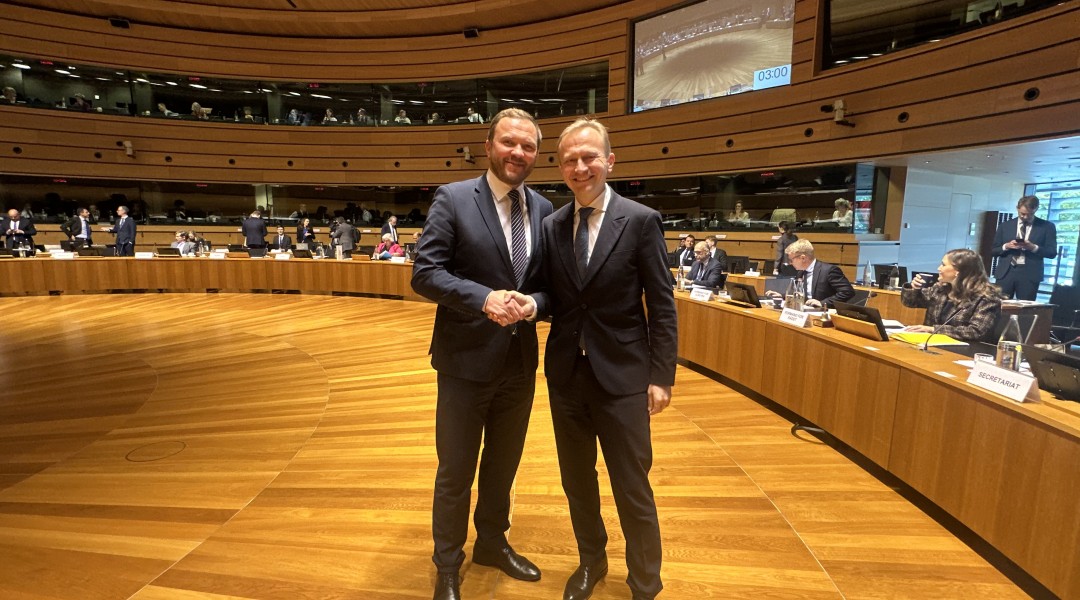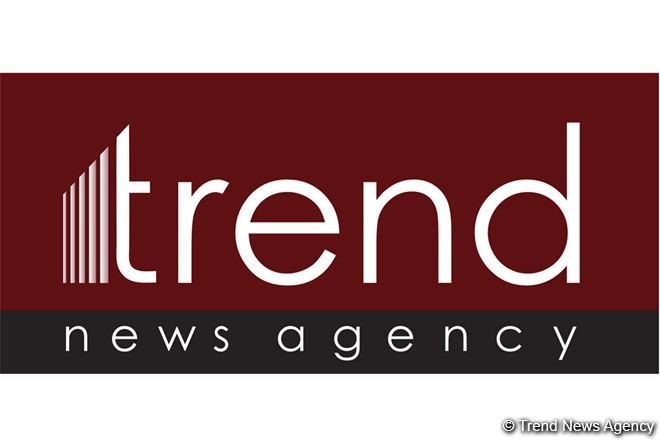BAKU, Azerbaijan, October 21. Estonian Minister of Foreign Affairs Margus Tsahkna participated today in the meeting of the European Union’s General Affairs Council, where ministers held their first discussion on the bloc’s next long-term budget, Trend reports.
Minister Tsahkna expressed Estonia’s support for the European Commission’s proposal for the EU’s 2028–2034 multiannual budget framework, emphasizing that it should be larger, more flexible, and simpler than the previous one.
According to him, a budget of nearly two trillion euros would enable the EU to continue supporting existing priorities while also introducing new initiatives to strengthen the member states’ resilience and capabilities.
Today’s discussion followed last week’s meeting in Tallinn between Minister Tsahkna and European Commissioner for Budget, Anti-Fraud, and Administration Piotr Serafin.
Tsahkna highlighted the importance of ensuring that the next EU budget provides funding for strengthening cooperation and cross-border connections, which are vital for the Union’s competitiveness. He noted that new allocations for security-related priorities would make the upcoming EU budget a historic milestone.
The minister also underlined the importance of supporting border member states in addressing both economic and social challenges through the new financial framework.
In addition to the long-term budget, the meeting in Luxembourg also covered a package of legislative proposals aimed at simplifying EU regulations, the situation regarding EU values in member states, and the upcoming European Democracy Shield initiative. Preparations were also discussed for the European Council meeting scheduled for October 23–24.
The European Democracy Shield is a strategic initiative by the European Commission to protect and strengthen democracy in Europe. It focuses on four key areas: combating disinformation and foreign interference, ensuring fair and transparent elections, building a more resilient and informed society through media literacy and citizen engagement, and supporting independent media and civil society organizations. The initiative addresses modern threats to democracy, such as online manipulation, cyberattacks, and interference by both state and non-state actors.
Stay up-to-date with more news on Trend News Agency's WhatsApp channel







